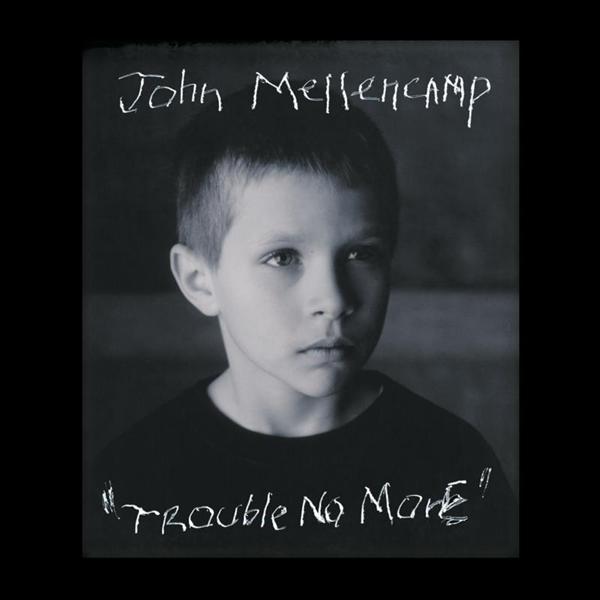
Trouble No More (2003)

1. Stones in My Passway
2. Death Letter
3. Johnny Hart
4. Baltimore Oriole
5. Teardrops Will Fal
6. Diamond Joe
7. The End of the World
8. Down in the Bottom
9. Lafayette
10.Joliet Bound
11.John the Revelator
12.To Washington
By the time Trouble No More was released in 2003, John Mellencamp’s days of topping charts and ruling radio playlists were long behind him. And while he’d continued to put out albums—some adventurous, some more subdued—the general public had mostly stopped paying attention. That might’ve had something to do with why this album even exists, but knowing Mellencamp, it’s just as likely he simply wanted to make the kind of record that felt right to him at the time. That instinct serves him well here.
On the surface, this is a covers album—Mellencamp dipping into the well of old folk tunes, blues standards, and bits of American musical heritage. But what makes Trouble No More stand apart is how effortlessly Mellencamp makes these songs his own. There’s no slick production, no grand reinterpretations, no gimmicks. Just a raw, rootsy, understated performance that plays to his strengths as a weathered, no-frills storyteller.
The album opens with Robert Johnson’s Stones in My Passway and follows with Death Letter, two tracks that seem to suggest we’re heading into straight blues territory. But Trouble No More refuses to settle into one lane. Mellencamp jumps from style to style—early country, gospel, folk, even a bit of New Orleans shuffle—and yet, everything is held together by the steady tone of his voice and the stripped-down arrangements. These aren’t polished museum pieces. They’re lived-in, honest interpretations.
Some covers land so squarely in Mellencamp’s comfort zone that they almost feel like originals. Teardrops Will Fall and Diamond Joe could’ve been pulled off Scarecrow or Big Daddy, and no one would’ve blinked. And he takes real chances too—like covering Hoagy Carmichael’s Baltimore Oriole or the aching 1960s classic The End of the World. On paper, those choices seem risky, but Mellencamp pulls them off with surprising grace. He doesn’t reinvent the songs, but he reshapes them with enough personality to make them count.
The only misstep is the closer, To Washington. A reworked folk tune with new lyrics aimed at the George W. Bush administration, the song jars the mood and feels more like a soapbox moment than a fitting conclusion. Mellencamp’s protest instincts have never been particularly subtle, and this one lands with a thud—especially coming at the end of such a graceful, considered record.
That lone flaw aside, Trouble No More is one of Mellencamp’s strongest late-career efforts. It’s not a major album, but it doesn’t try to be. Instead, it’s a confident, soulful detour into the music that shaped him, delivered with both reverence and a personal touch. One could easily imagine a second volume working just as well.
Go back to the main page
Go To Next Review